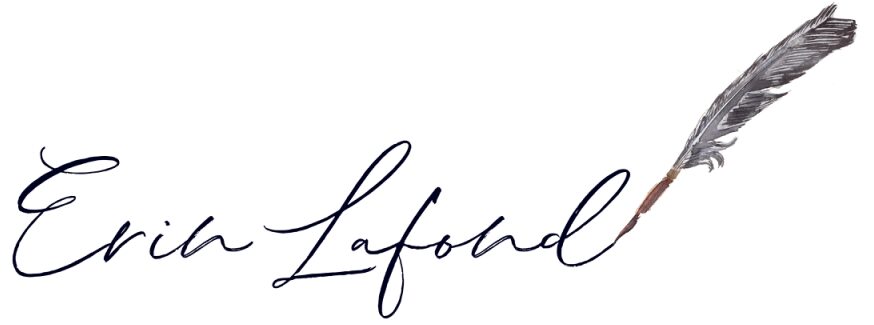What is Writer Intent?
Last updated on January 18th, 2025 at 01:01 pm
When you first start writing (or even after you’ve been writing for a long time), you hear a lot about “writing rules.” I’ve written about writing rules before and why it’s good to know best practices, but it’s always ultimately about what is best for your story. Today, we’re going to get more specific and talk about writer intent. Writer intent is ultimately thinking about your work as a series of decisions, both big and small. You’re making choices when you write, and knowing why you’re making those choices is essential. But before we start, a small disclaimer…
Writer intent is better for revision
This might depend on what type of writer you are. I know writers who prefer to interrogate their first draft as they go. They meticulously edit as they write because it’s their process, and it helps them feel further along when they do go to edit. If that’s you, no worries. But if your first draft is a mess of word vomit, all dialogue/no setting, and/or a messy structure, this is for you.
A first draft is for you as the writer. Your first draft is meant to help you get the story out and learn what it needs to be. Having a full draft gives you more power when it comes to editing and writing with intent. It means you can look at the whole picture and make firmer decisions for your next draft. So, I wouldn’t recommend thinking too deeply about writer intent when you’re first writing. Probably don’t ignore it completely – try and make decisions that will serve your story as you go. But writer intent really shines during the revision process. So, don’t add undue stress to your first draft by overthinking everything. All right, let’s talk about what writer intent actually is.
What is writer intent?
When I say writer intent, I mean that you’re writing intentionally. This means you have a reason for the structure of your work, the specific word choices you’re making, and the plot you’ve chosen to put your characters through. After all, there’s always a different structure, a different word, and a different way to make your character suffer. But you have to pick one. Picking one should be a conscious decision, one made specifically to serve the story you’re telling.
This goes into the idea that your novel should have an engine. You can read more here, but simply put, the engine of the story is the reason you feel compelled to write it. It’s the questions you’re interested in and the point you’re trying to make. If you understand the engine of your story, it’s much easier to write with intention. You know what you’re trying to say, so you can make sure everything you’re writing serves that idea.
Why does writer intent matter?
The reason why writer intent matters is twofold, at least in my mind. First of all, to pull this back to my bit about writing rules, you have to have a good reason to go against writing best practices if you’re doing so. There’s a reason why best practices exist, and you’re going to sidestep them, then understanding exactly why doing so serves your story is essential. Otherwise, you might fall into the trap of not-great writing. There are exceptions to every “rule,” but the reason why they work is that they were followed up with writer intent. They weren’t breaking a rule because they didn’t know any better and it just miraculously worked (at least, I highly doubt it). It worked because they understood what they were doing and made the best decision to serve their story.
Serving your story is my second and most important point. You want everything you’re doing to serve your story. Having that purpose, that clear understanding of your work, is essential to creating a good story. For example, if you know what you’re going for, it’s easier to make good choices when you’re cutting your work. If you understand the emotional core of your story, then you can cut everything that doesn’t serve that emotional core or anything that’s repetitive and doesn’t push your goal forward.
After all, the goal of good writing is to pull your readers into the story and not allow them to see the machinations working in the background. A poorly chosen word or a structure that loses them along the way pulls them out of the story. Being boring and repetitive because you don’t have a clear sense of your work is going to pull your reader out of the story.
A writing exercise
I’ll start off by saying this probably works better with a shorter work than an entire novel, which might get overwhelming at first. But I would take a story and experiment with it some. Try throwing in a new character or a completely new structure (Add some flashbacks. Why not?). Experimenting with different things can help you really hammer out what makes the most sense for your story. You’ll probably discard everything you write for this, but you might find something really cool by being willing to experiment.
This means that when you do whatever you ultimately end up doing, you’re really doing so intentionally. You’ve gone through the options and decided this makes the most sense.
If you’re struggling to understand writer intent and how it might apply to your story, I do one-hour sessions with storytellers, and I’m happy to help! Learn more about my editing services, and reach out to me!


One Comment